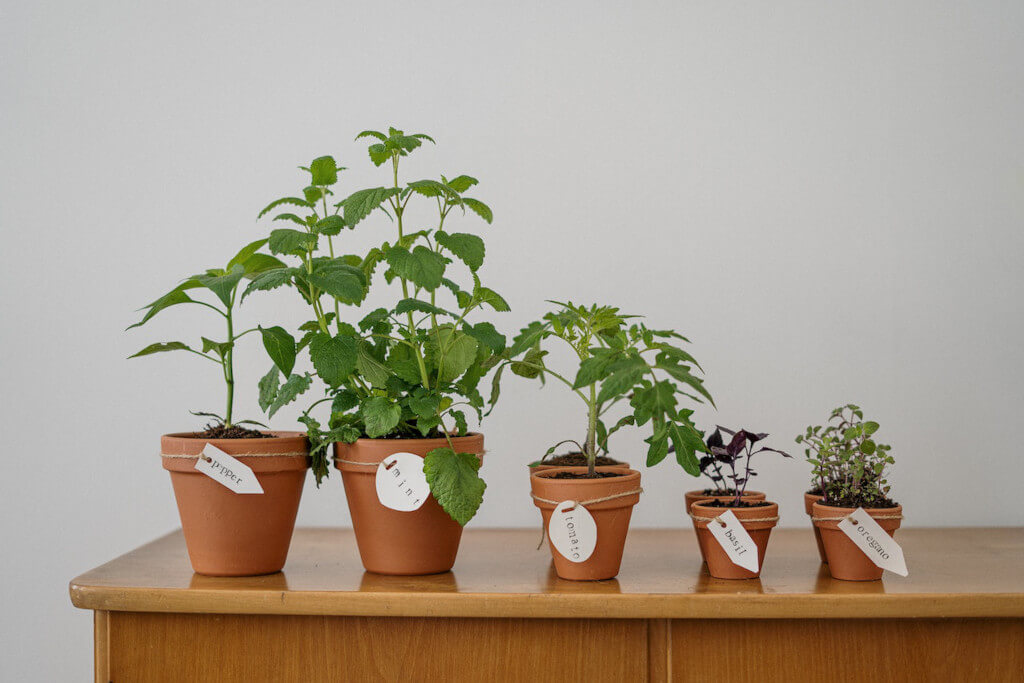You can begin a simple interior herb garden straight from the windowsill of your kitchen if you follow these pointers for beginners.
It’s true that starting an indoor herb garden can help you save money, but you’ll also enjoy a surprising number of other advantages from doing so. Plants in the home remove volatile organic compounds, a form of indoor contaminant, which leads to an overall improvement in air quality. Furthermore, specific herbs repel insects, like mozzies, flies, or mites.
You could also consider your herb garden an opportunity to get back in touch with your ancestry by teaching yourself how to care for the natural world and cultivate plants from the ground up, just as our forebears did. You and your whole family are welcome to participate in the educational activity together. Finally, and this may be the most exciting part, you’ll be able to savor every one of the savory and nutritious herbs that you grew yourself. To begin your very own simple enclosed herb garden at home, take a few pots and seeds. The following advice will help you get started.
Select Your Herbs
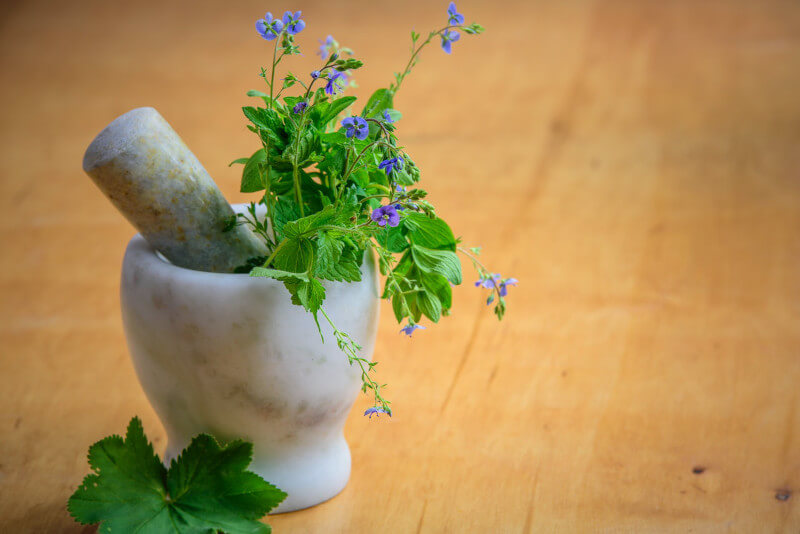
The first principle of (gardening) thumb is to cultivate only what you intend to consume. Pick some of the herbal plants that you already use in your cooking and that can be easily snipped from the windowsill. You can order just about any kind of seed imaginable online and have it delivered to your house.
What Do you Think?
Consider using herbs that can be grown successfully throughout the entire year, including rosemary, chives, oregano, thyme, and cilantro. You could also go with vegetables that thrive in an indoor environment, such as radishes, tomatoes, scallions, or spinach.
Plant Your Herbs in Your Pots
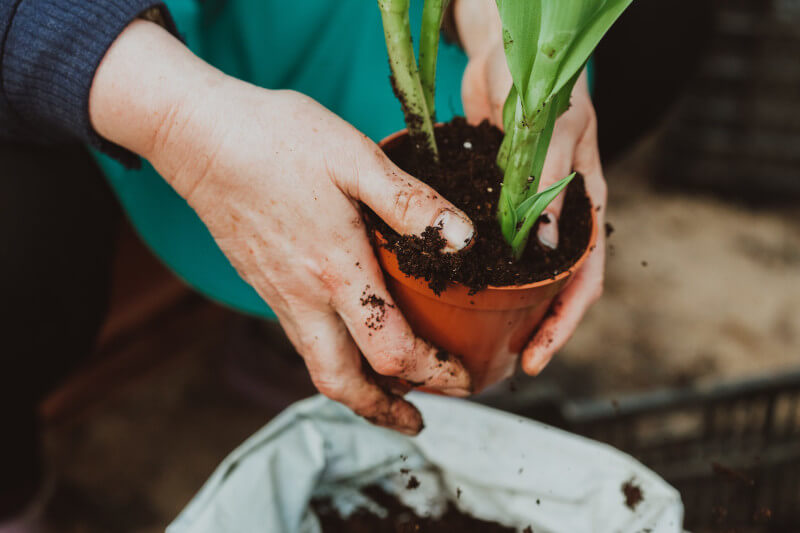
You will now require a location for your plants to flourish. Consider using a container that has drainage holes to prevent the soil from becoming overly saturated. Then you should use indoor potting soil to repot your plants. Herbs thrive in a variety of environments, including hanging pots and urns. Be sure to get larger pots for your indoor vegetable garden. This will give you more room to grow your plants.
Locate a Window that Receives a lot of Sun
You will need to ensure that your miniature indoor garden receives an adequate amount of sun. Herbs require approximately 5 hours of direct sunlight per day, so it is important to choose a location that provides them with adequate exposure to the sun. Simply make sure that the heat that is reflected is not too intense. As a second option, you can look into purchasing some miniature grow lights.
If there isn’t a spot in your kitchen that gets direct sunlight, you’ll need to reposition the plant somewhere else in the house where it can get adequate lighting for the required number of hours each day. Remember that different plants have varying requirements for the amount of sunlight they receive. The majority require average temperatures of 68 to 70 degrees Fahrenheit with humidity ranging from 30 to 50 percent.
When the moisture is too low, plants can become crispy, and when it is too high, they can begin to rot. Increasing the humidity around the plants can be accomplished by placing a dish of water close by. Because the leaves of certain plants, such as the peace lily, draw moisture from the surrounding air, the relative humidity of the space in which they are grown will be lower.
Simply Add Some Water
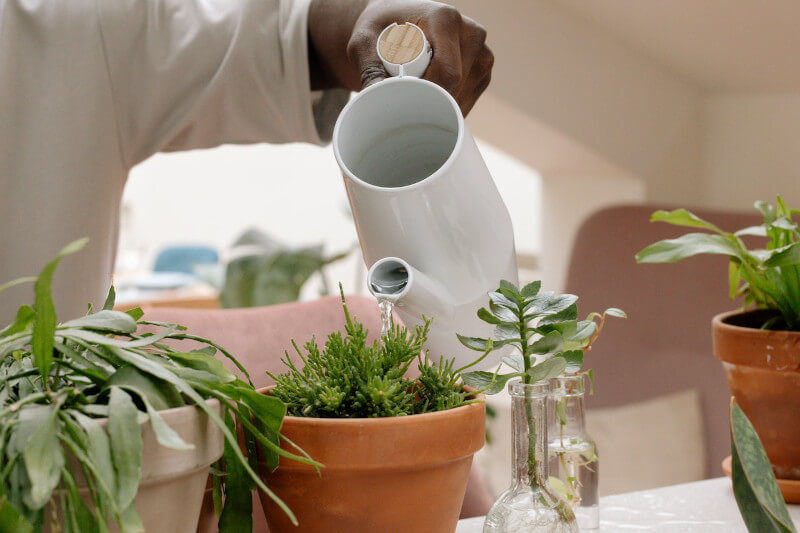
After you have planted your herbs, you will need to ensure that they are adequately hydrated by using the spray nozzle located on your wash basin or a mister.
To put it another way, in the words of Wendell Berry, “We learn our gardens to cope with the foremost urgent question of the time: How much is enough?”
Therefore, take care not to overwater the plants. If you are hesitant, inspect the amount of water that is suggested for each plant. In addition to this, you should always water the soil before moving plants from one pot to another.
Nourish your Plants Through Fertilisation
The addition of nutrients that are necessary for plant growth can be achieved through the use of fertilizer. Over time, there may be an accumulation of fertilizer salt. Holding the container over the sink while watering it thoroughly once every few months should take care of this issue. Because of this, the salt will be able to drain.
Grow Some Plant Friends Together
Some herbs work well together, while others are rivals when grown in the same container. Think about planting things in your garden that go well together, like tomatoes, basil, peppers, and oregano. This will help your garden to flourish. Additionally, mint does well when grown alongside tomatoes. On the other hand, coriander is delicious when combined with plants such as spinach, fennel, anise, and dill.
Don’t Let The Vermin In
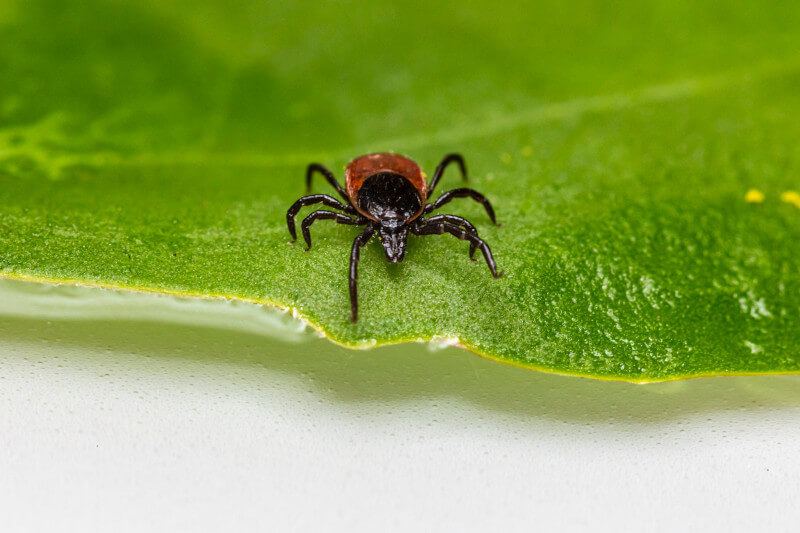
Did you know that some plants deter insects from their surroundings? Bear in mind that although mint will keep mozzies and aphids away, it will also lure bees to your garden. Sage is avoided by insects such as beetles and flies. Rosemary is effective against a wide variety of pests. Therefore, if you want to prevent those annoying insects from entering your home, select the appropriate herbs.

